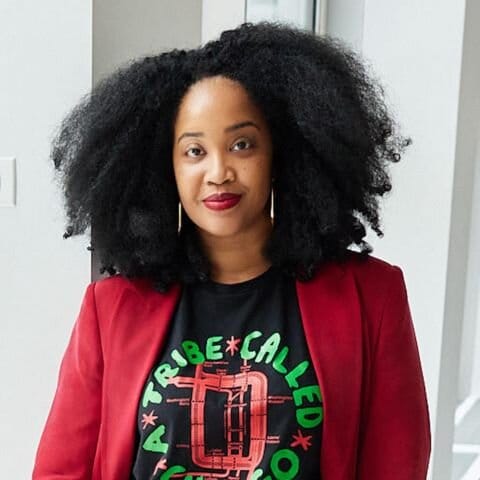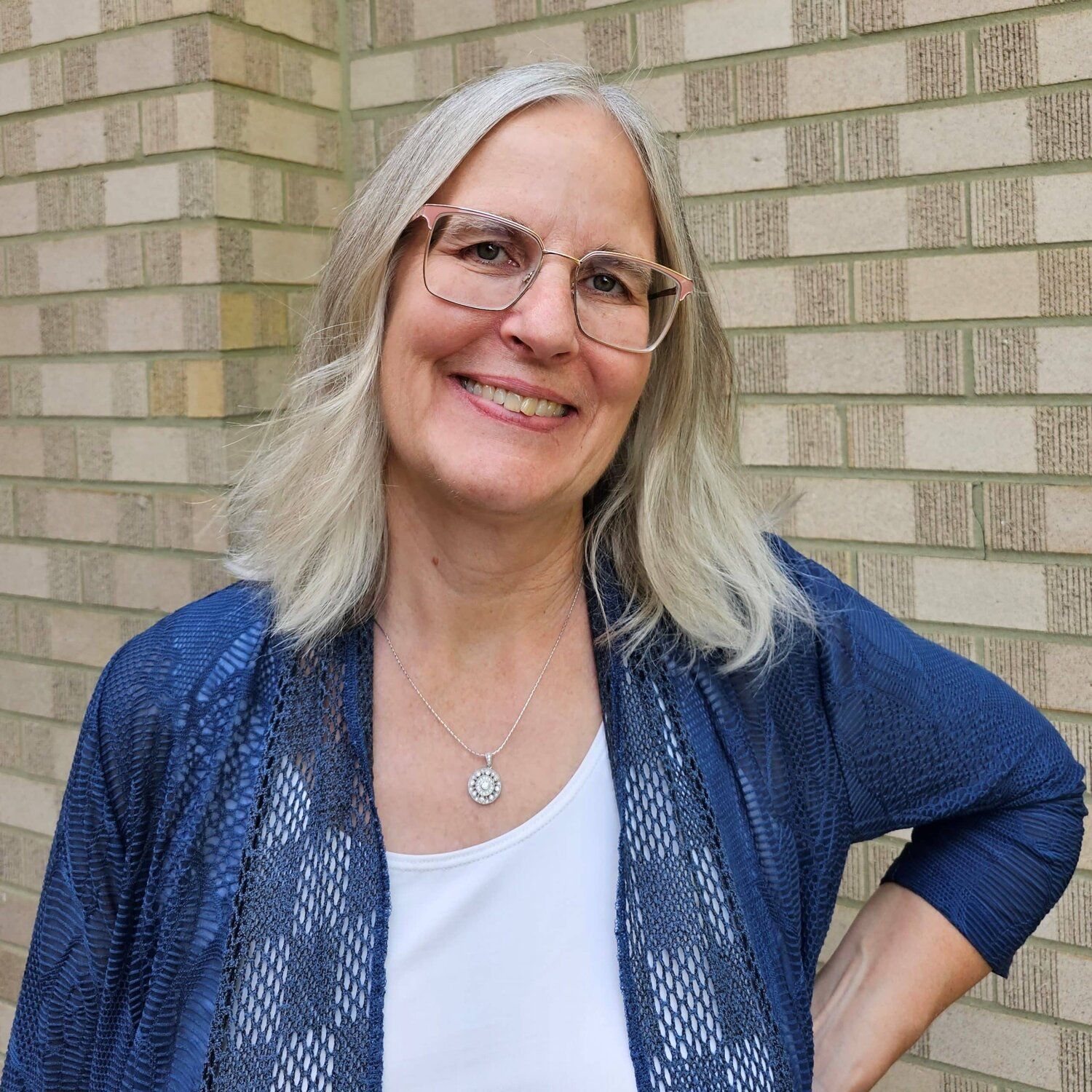Join us for an evening with Tonika Lewis Johnson and Dr. Maria Krysan discussing their new book, Don’t Go: Stories of Segregation and How to Disrupt It.
This Event Has Passed
Sign up to get notified for future events!

Join us for an evening with Tonika Lewis Johnson and Dr. Maria Krysan discussing their new book, Don’t Go: Stories of Segregation and How to Disrupt It.
Sign up to get notified for future events!
The program will feature a thought-provoking conversation between the two authors, a Black artist and a White academic, who met through their shared passion for anti-segregation work. Together, they’ll discuss their research and documentation of personal stories detailed in the book, and actionable ways to disrupt harmful cycles of disinvestment and resource disparity across Chicago’s neighborhoods and built environment.
In their new book, Tonika Lewis Johnson and Dr. Maria Krysan document the reflections of Chicagoans who’ve heard, taken, or given the all-too-common advice, “Don’t go to Chicago’s South or West Sides.” By inviting readers into the lives of Chicagoans who have ignored these warnings, the stories in Don’t Go discuss the consequences of built environment disinvestment, pervasive social influence, and de facto segregation, while also highlighting the rewards of coming together.


Lorem ipsum dolor sit amet, consectetur adipiscing elit. Phasellus leo nulla, porta a ligula ut, commodo ultrices quam. Suspendisse non mollis odio.
Sed vestibulum ut arcu vel feugiat. Morbi iaculis augue risus, at pharetra nibh blandit nec. Etiam feugiat volutpat nunc vel aliquet. Maecenas mollis turpis at odio fringilla, eget iaculis tortor congue.


Tonika Lewis Johnson, a visionary photographer and social justice artist deeply rooted in Chicago's South Side Englewood, illuminates the shadows of injustice within real estate and land use practices, advocating for transformative change, especially in historic preservation.
Her ongoing opus, Folded Map, transcends visual storytelling by unraveling the stark disparities among segregated Chicago residents, compelling them to engage in meaningful conversations. Meanwhile, her poignant "Inequity For Sale" project unearths the living history of Greater Englewood homes sold under discriminatory Land Sale Contracts in the 50s and 60s, urging a critical reevaluation and the creation of positive change.
Internationally acclaimed, Tonika's artistry has earned her accolades, including Chicago Magazine's Chicagoan of the Year, and has been showcased at prestigious venues like the Museum of Contemporary Art, Rootwork Gallery in Pilsen, the Chicago Cultural Center, the Harold Washington Library Center, and Loyola University's Museum of Art.
Her impact extends beyond art, recognized as a 2019 Field Foundation "Leader for a New Chicago," a 2022 Landmark Illinois Influencer, and recently concluding a 2023 Ateliers Médicis Artist in Residence in Paris, France. Serving as a Chicago Department of Cultural Affairs and Special Events Cultural Advisory Council member, a lead co-founder of the Englewood Arts Collective, and the Resident Association of Greater Englewood (R.A.G.E.), Tonika now spearheads the Folded Map Project™ non-profit as its Creative Executive Officer, embodying the transformative power of art in advocacy and community leadership.


Maria Krysan, LAS Distinguished Professor of Sociology at UIC, has spent decades teaching, researching, and writing about residential segregation and racial attitudes. Her 2017 award-winning book with Kyle Crowder, Cycle of Segregation proposes an innovative framework for understanding the causes of racial residential segregation and has served as a springboard for her growing engaged work, especially that with Tonika Johnson, a Chicago social justice artist and creator of the Folded Map Project. The co-authored book, Don’t Go: Stories of Segregation and How to Disrupt is one outcome of their collaboration. Krysan’s writing has been published in conventional academic outlets as well as nonacademic publications (e.g., The Hill Reporter, Crain’s Chicago Business, Visible Magazine, Block Club Chicago) and she has been interviewed and/or cited in the media (e.g., WBEZ, Chicago Tribune, Chicago Sun Times, CityLab, CNN, WGN, TeenVogue, Vox.Com, Washington Post, New York Times). She frequently presents her work outside of academia, sharing her expertise with, and learning from, her engagement with advocates, mayors, legislators, housing agencies, real estate agents, researchers, K-12/college students, foundation staff, lawyers, library patrons, and so on.

###

